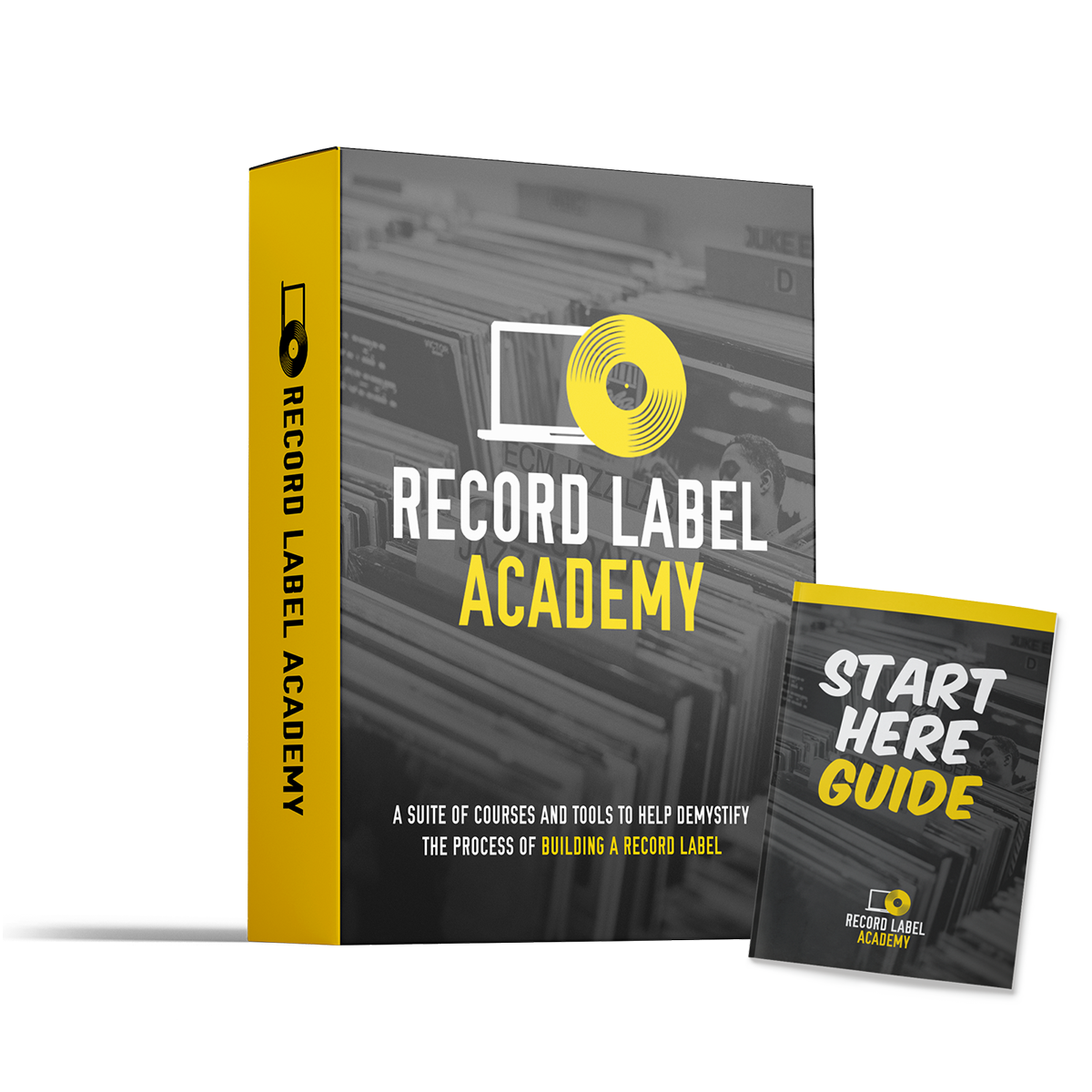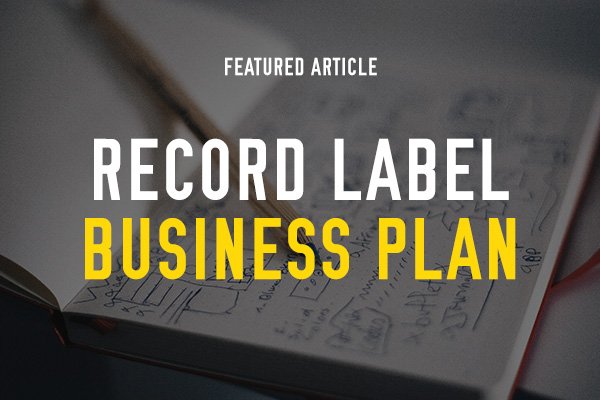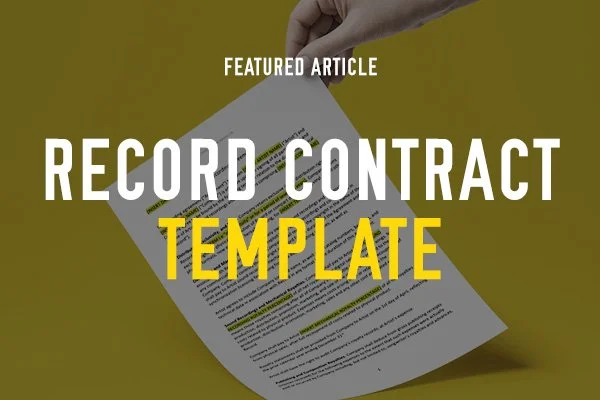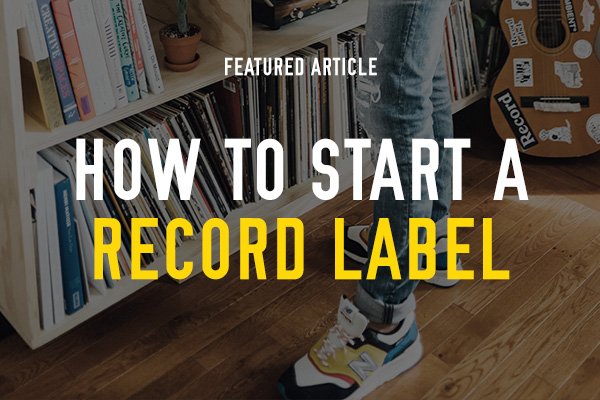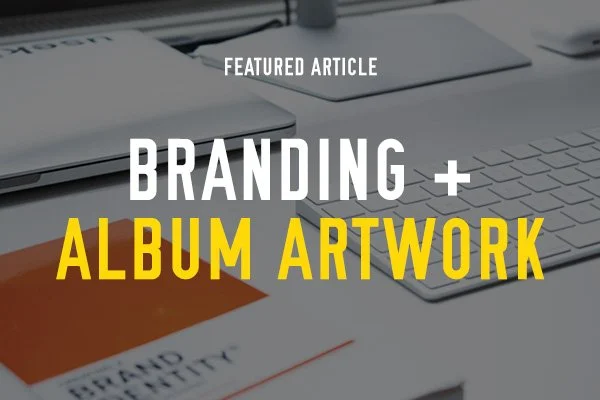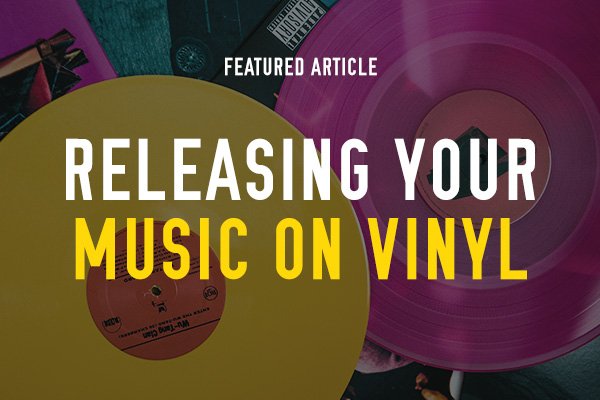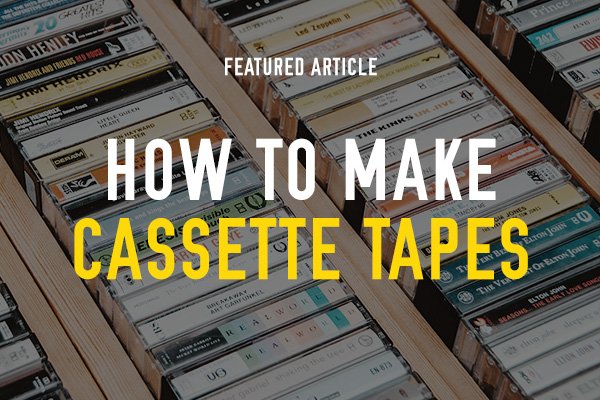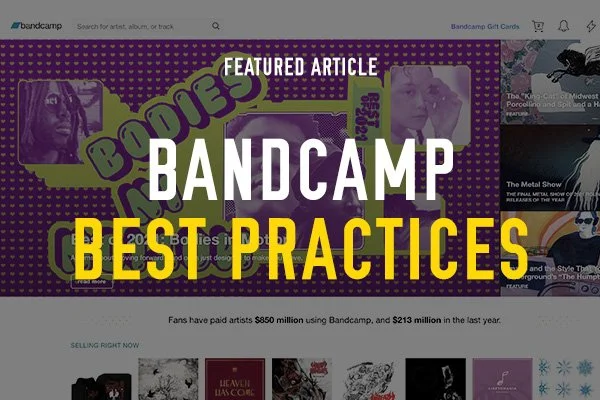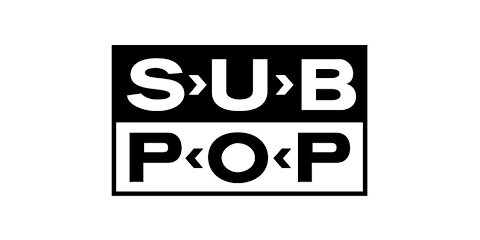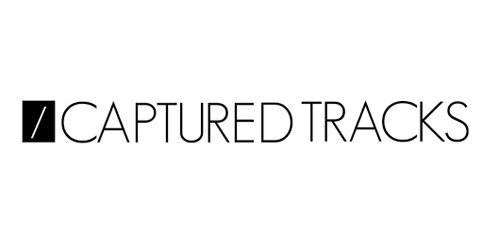
The Basics of ISRCs and Barcodes
A Guide for Indie Artists and Record Labels to Efficiently Manage and Distribute Music

Understanding the basics of the music industry is essential for indie artists and record labels.
Having a solid grasp of ISRCs (International Standard Recording Codes) and barcodes is crucial for managing and distributing music efficiently.
Whether you're new to the industry or need a refresher, this guide will help you navigate these fundamental components.

FREE
DOWNLOAD
10 STEP RELEASE PLAN
What is an ISRC?
Definition
An ISRC, or International Standard Recording Code, is a unique identifier for a specific recording of a song. It ensures that every version of a track can be distinctly identified. The ISRC is a 12-character alphanumeric code that breaks down into several parts:
Country Code: The first two characters represent the country of the registrant.
Registrant Code: The next three characters identify the registrant.
Year of Reference: The following two digits indicate the year the ISRC was assigned.
Designation Code: The final five characters are unique identifiers for the recording.
Uses of ISRCs
ISRCs are used to track royalties, manage digital distribution, and identify recordings across various platforms. They are essential for ensuring that artists and rights holders get paid accurately for the use of their music.
Do You Need an ISRC?
Yes, if you plan to distribute your music digitally or physically, having an ISRC for each track is necessary. It helps in tracking and managing your music efficiently.
Where to Get an ISRC
You can obtain ISRCs from a national ISRC agency or directly from your digital distributor. Some popular distributors include:
CD Baby
TuneCore
DistroKid
Should You Buy Your Own ISRC?
While many distributors provide ISRCs as part of their service, owning your ISRCs gives you more control and flexibility. If you're serious about managing your music catalog, consider purchasing your own ISRCs.
What is a Barcode/UPC?
Definition
A barcode or Universal Product Code (UPC) is a unique identifier for a product, used in retail and distribution. In the music industry, UPCs are used to identify albums, singles, and other releases.
Uses of Barcodes in Music Distribution
Barcodes are essential for tracking sales and inventory, especially for physical products like CDs and vinyl records. They ensure that your music can be sold and tracked in retail stores and online platforms.
Where to Get a Barcode
You can obtain barcodes from GS1, the global standards organization, or through various third-party providers and distributors.
Do You Need a Barcode?
Yes, if you plan to sell your music in physical formats or through certain digital platforms, a barcode is necessary.
Should You Buy Your Own Barcode?
Similar to ISRCs, owning your barcodes can be beneficial. However, many distributors offer them as part of their services, which can be more convenient if you're just starting out.
Release Level vs. Track Level
Understanding the difference between release level and track level identifiers is crucial for organizing your music catalog.
Barcodes (Release Level)
Barcodes are used for entire releases, such as:
Albums
EPs
Singles
Each format of a release (e.g., vinyl, cassette, digital) should have its own unique barcode.
ISRCs (Track Level)
ISRCs are used for individual tracks. For example, a pop song and its acoustic remix will have different ISRCs. Each unique version of a song, whether it's a DJ remix, instrumental, or cover, requires a new ISRC.

WATCH THIS EPISODE
and catch other videos on our YouTube Channel
What Metadata Do You Need?
Download my FREE Metadata Checklist
I’ve broken them down into 4 categories… Basic Metadata; Creator Metadata; Technical Metadata; Marketing Metadata.
Basic
Metadata
Title
Artist Name
Release Date
Lyrics
Technical
Metadata
ISRC
UPC
Bpm
Key
Duration
Creator
Metadata
Songwriter(s)
Producers
Musicians
Copyright
Marketing
Metadata
Cover Art
Release Notes
Genre
Mood/Theme

RECORD LABEL
ACADEMY
The Complete A to Z of Building and Growing an Independent Record Label.

RECORD LABEL
ACADEMY
Instant Lifetime Access to all our courses, books, and templates!
-
How to Start a Record Label (Online Course)
Record Label Marketing Strategies (Online Course)
Record Label Decision Tool (Online Course)
Profitable Record Label (Online Course)
All 8 Micro Courses
All 8 Micro eBooks
How to Start a Record Label (eBook)
Record Label Marketing Strategies (eBook)
Tons of bonus templates and extra resources
RECORD LABEL
ACADEMY
Instant Lifetime Access to all our courses, books, and templates!
-
How to Start a Record Label (Online Course)
Record Label Marketing Strategies (Online Course)
Record Label Decision Tool (Online Course)
Profitable Record Label (Online Course)
All 8 Micro Courses
All 8 Micro eBooks
How to Start a Record Label (eBook)
Record Label Marketing Strategies (eBook)
Tons of bonus templates and extra resources

Helpful Articles for Record Labels
-
10 Steps to Planning Your New Release
50 Reasons Why You Should Start a Record Label
How Fans Can Support Record Labels
How Many Releases Per Year is Ideal?
How to Register Your Record Label
How to Submit Your Music to Record Labels
How to UNSTUCK your record label
Leveraging the Power of Lead Time
Record Store Day
Social Media Strategies & Solutions
Social Media Strategies & Solutions
The 4 Attributes of a Great Record Label
Why Artists Need a Record Label
Why Do We Release Music on Fridays?
How to Make a Business Plan
Record Contract Template
How to Start a Record Label
Branding & Album Artwork
Releasing Music on Vinyl
Music Publishing for Labels
How to Make Cassette Tapes
Bandcamp Best Practices
Other Record Labels Podcast
Featuring interviews with…








